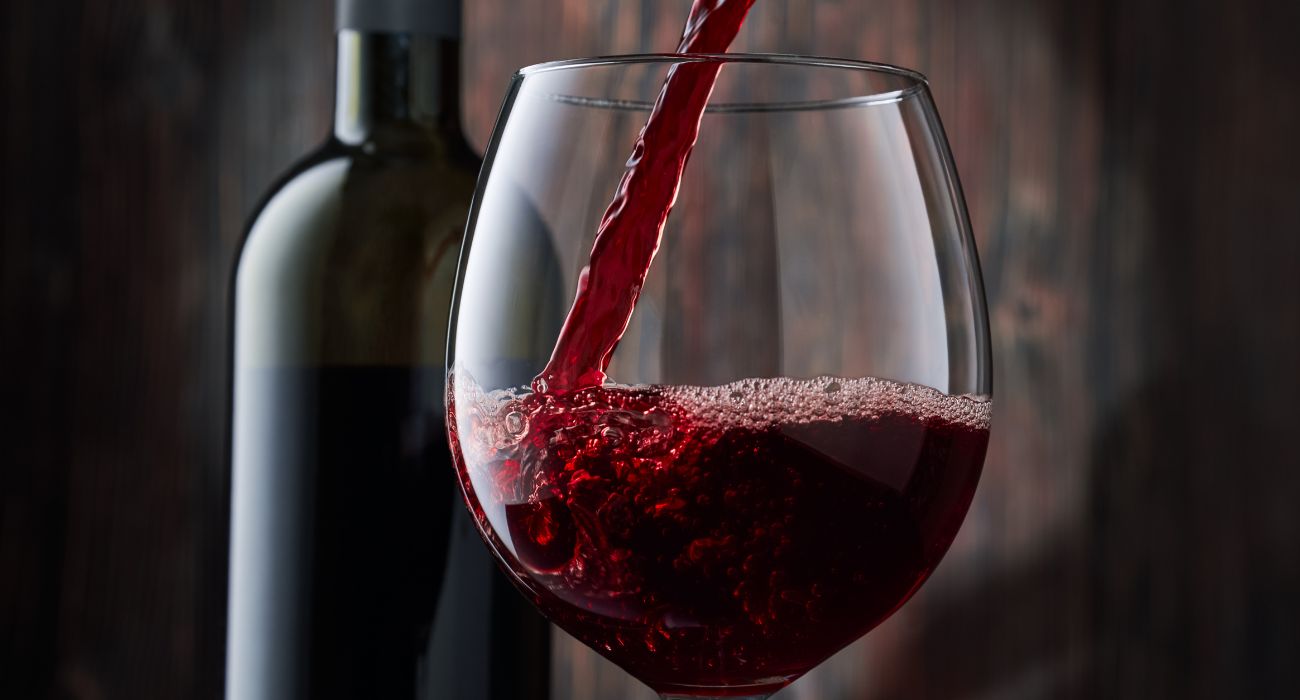Federal health officials recommend limiting one’s alcohol intake to one or two drinks daily.
The 2020-2025 Dietary Guidelines for Americans penned by the U.S. Department of Agriculture and U.S. Department of Health and Human Services stipulate that individuals over the age of 21 choosing to consume alcohol should keep it under one drink a day if they are women and two drinks if they are men.
The Wall Street Journal’s wine columnist, Lettie Teague, tried to follow this guideline for at least a week to see if there were any noticeable effects.
As she is a wine drinker, the single serving of alcohol recommended by federal health authorities amounted to 5 ounces of wine that is no more than 12% alcohol by volume (ABV).
Not only did this fall short of Teague’s usual intake — roughly two glasses a day — but it also conflicts with the wine industry standard of serving at least a 6-ounce pour.
“[A] few restaurants I know even pour a bit more,” Teague noted.
Moreover, few red wines produced today have an ABV of less than 14%.
As a result, Teague’s experiment with a single glass of alcohol per day deviated from the dietary guidelines since she allowed herself a 6-ounce glass of wine with an ABV higher than 12%.
What happened? Teague reported that she immediately noticed when she drank less wine, she also ate less food. As the days passed, Teague said, she lost a couple of pounds — one glass of wine has about 120 calories — and was sleeping better at night.
Obesity has become a rampant public health issue across the U.S. among adults and youths alike, as covered in The Dallas Express.
For instance, Texas has 40 counties in which the obesity rate of residents is higher than 40%, according to recent CDC data.
Drinking alcohol is often limited or altogether banned in health diets because it can contribute to weight gain in a variety of ways.
As experienced by the WSJ’s Teague, not only do alcoholic beverages contain calories, but drinking them can lead to unhealthier food habits.
Drinking alcohol can spur cravings for food known to cause weight gain, such as those high in salt and fat.
Moreover, alcohol hinders the body from burning stored fat since it affects the liver. It has even been shown to drive the liver to produce more fat and cholesterol.
But not all scientific research denounces the consumption of alcohol.
For instance, a study from the Foundation for Alcohol Research and Education found that the regular consumption of alcohol didn’t necessarily correlate to being overweight or obese.
When it did, it was often in the case of men and, more specifically, those who drank beer were more likely to have abdominal obesity.
Moreover, red wine was found to contain resveratrol, a polyphenol some studies have suggested might prevent damage to blood vessels, reduce cholesterol, and prevent blood clots.
The mixed messages of differing research on the matter can drive confusion.
Upon sharing the results of her one-glass-of-wine experiment with her gastroenterologist — himself, not a drinker — the WSJ’s Teague was surprised to hear him remark, “You could drink up to half a bottle of wine a day and be fine.”






